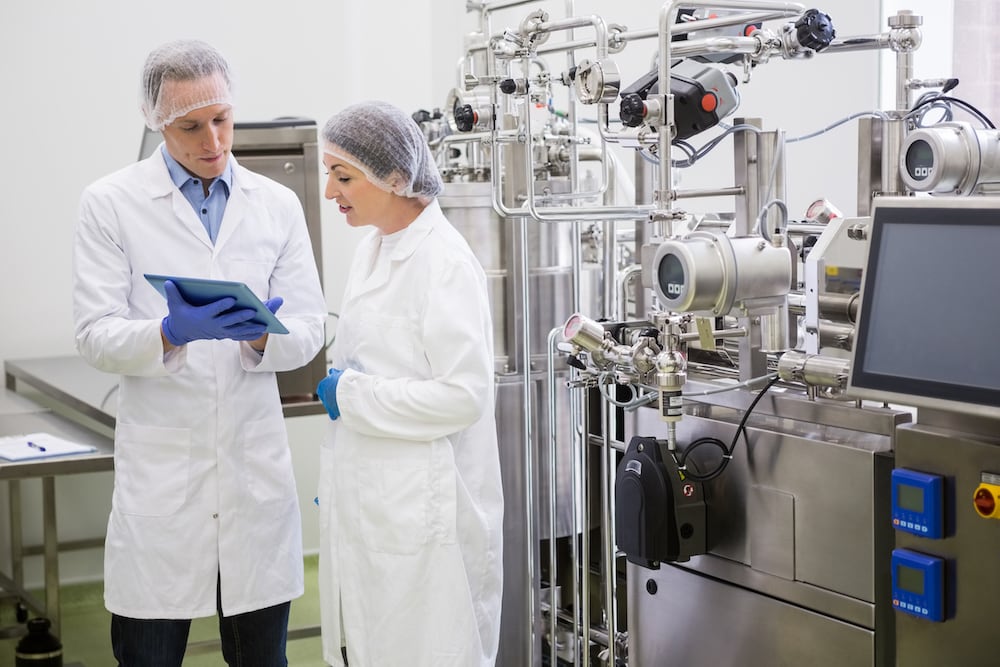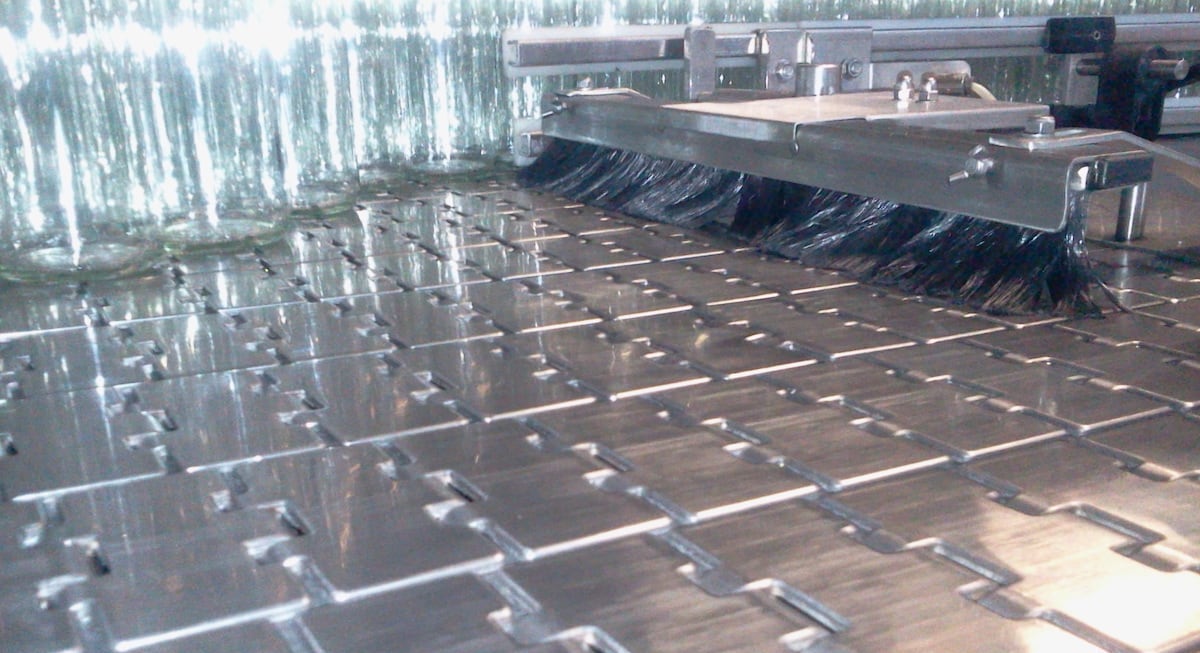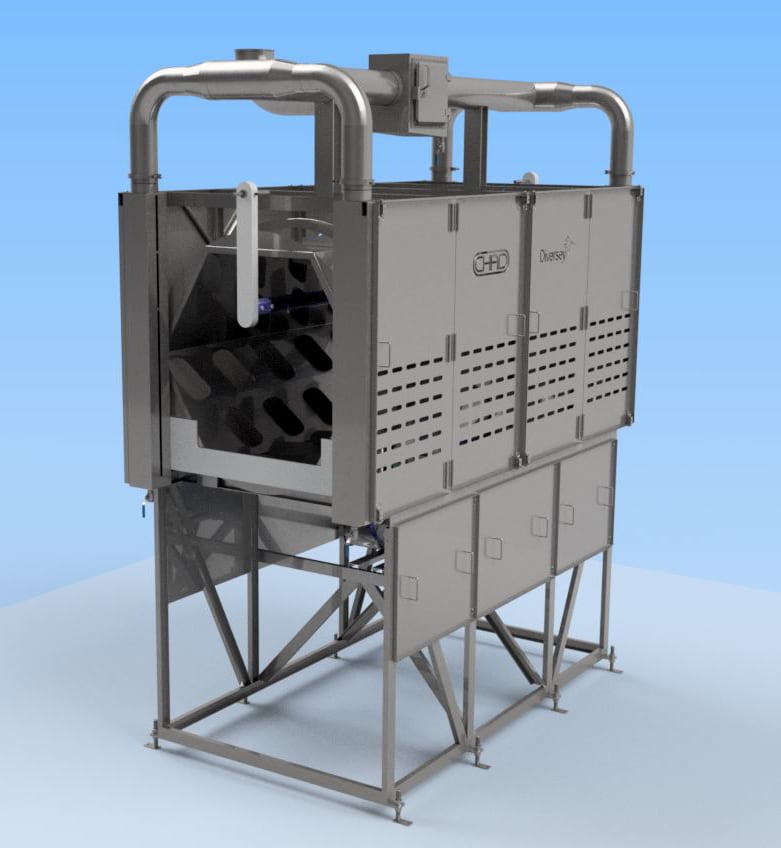While equipment, chemicals and policies are all key elements of the food safety program, sometimes it can be easy to overlook the role of employee practices in producing a safe and wholesome product. Some important considerations are whether your employees have been trained in good food safety practices, if they understand the importance of following these practices, and if your company retrains employees on these practices on a regular basis. Recent observations of production and sanitation practices in several facilities have highlighted just how important good employee practices can be and how simple actions can potentially lead to contaminated products. These can be particularly important in fresh cut or ready to eat plants where product may be going directly from your facility to consumers’ plates without a cooking step.
Some examples include:
- An employee who was using a squeegee to collect waste product on the floor into piles for pick up also used the handle of the squeegee to unclog a drain basket. He then placed his hand back on the portion of the handle that had been in the drain, before touching food contact surfaces.
- The use of a high-pressure hose during a break-time wash down that aerosolized water from the floors and drains.
- Other employees cleaned the drain baskets and then went on to other cleaning tasks without sanitizing their hands or changing gloves.
These are just a few examples, but the new year might be the perfect time to spend some time on your production floor observing work practices and looking for opportunities to implement some new training practices to improve this key element of your food safety systems.
 Elis Owens, Ph.D., Director, Technical Services, Birko, can be reached at [email protected], 303-289-1090.
Elis Owens, Ph.D., Director, Technical Services, Birko, can be reached at [email protected], 303-289-1090.








